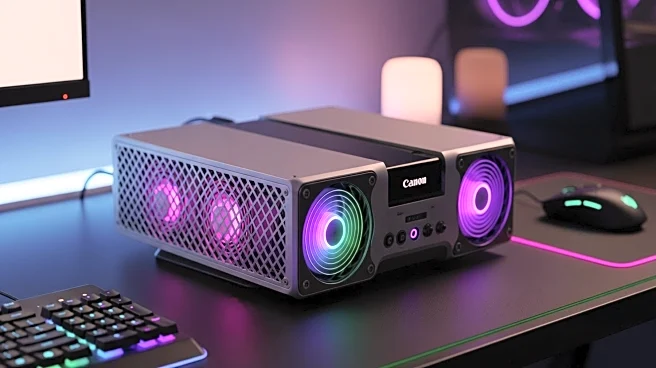What's Happening?
Research by Jon Peddie Research indicates that the end of Windows 10 support may lead to a significant decrease in entry-level PC gaming over the next five years. The study forecasts a reduction in the entry-level PC gamer population by approximately 13%, with over 10 million people potentially leaving the PC platform. The transition to Windows 11, which requires hardware upgrades, is cited as a major factor. Many gamers are expected to migrate to midrange and high-end PC hardware, while others may switch to consoles, handhelds, and mobile devices.
Why It's Important?
The anticipated decline in entry-level PC gaming due to the end of Windows 10 support could have significant implications for the gaming industry. As gamers face the need for hardware upgrades to transition to Windows 11, the cost barrier may push them towards alternative platforms like consoles and mobile devices. This shift could impact sales and market dynamics within the PC gaming sector, influencing hardware manufacturers and game developers. The trend underscores the importance of accessibility and affordability in maintaining a diverse gaming ecosystem.
What's Next?
As Windows 10 support ends, gamers and hardware manufacturers will need to adapt to the changing landscape. Companies may offer incentives or discounts to encourage hardware upgrades, while developers might focus on optimizing games for newer systems. The industry could see increased competition among platforms, with consoles and mobile devices vying for market share. Stakeholders will need to address consumer concerns about cost and compatibility to ensure a smooth transition and sustain interest in PC gaming.











